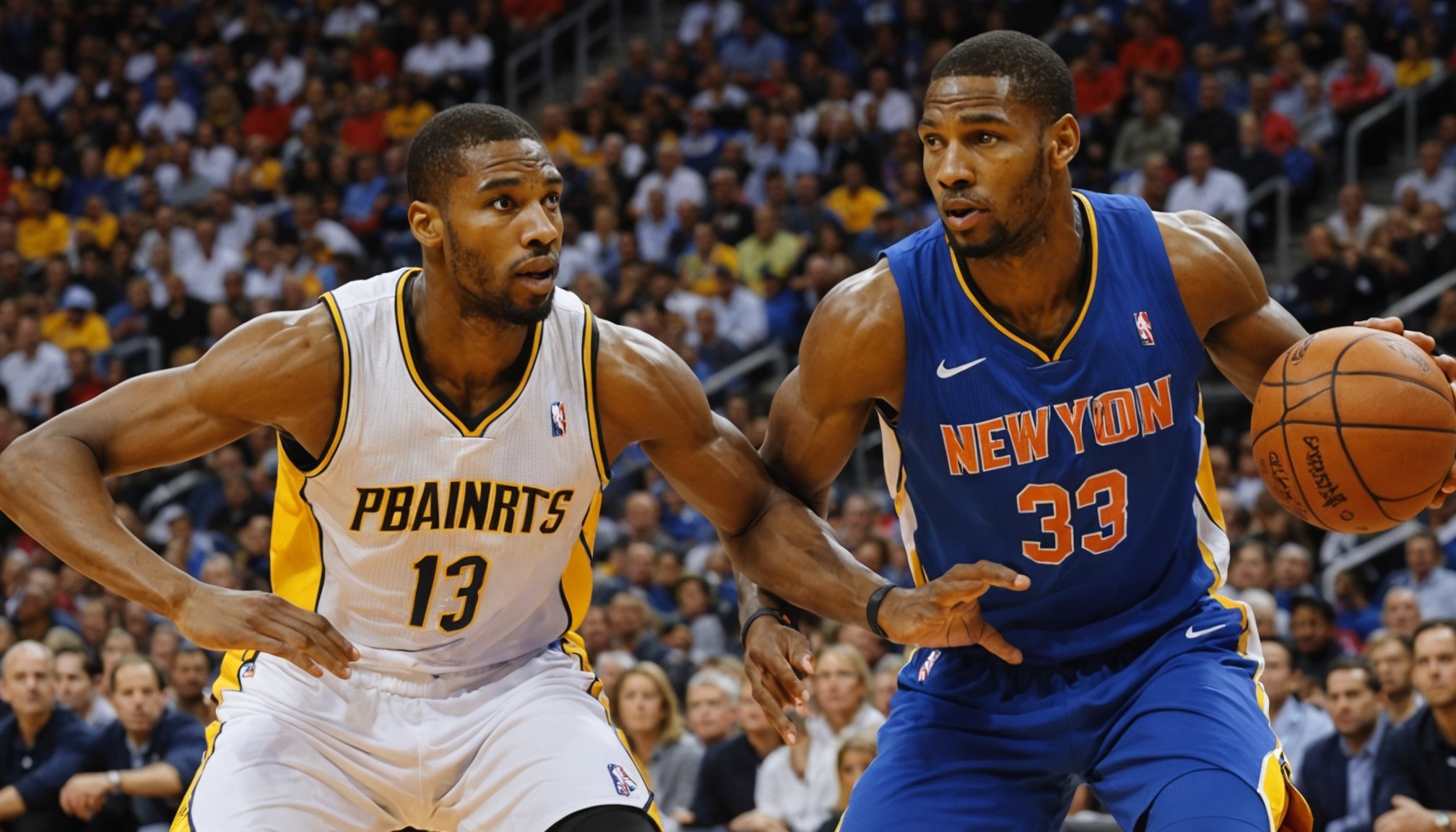In the world of professional basketball, nutrition emerges as a cornerstone of athletic performance. As a sport characterized by explosive energy, unyielding stamina, and peak physical condition, basketball demands more than just raw talent. To achieve optimal performance, players must pay meticulous attention to what fuels their bodies on and off the court. In this piece, we delve into how nutrition impacts basketball players, focusing on specific dietary components that enhance their game, aid in recovery, and sustain their muscle power.
Understanding the Nutritional Needs of Basketball Players
Basketball players require a distinct nutritional regimen that supports the rigors of the game. As athletes engage in fast-paced, high-intensity activities, their energy needs soar. They must balance their diet to maintain peak physical condition, improve muscle recovery, and sustain prolonged activity on the court.
In the same genre : How can a basketball player recover quickly from a fatigue-induced slump?
Their daily intake needs to include calculated amounts of carbohydrates, proteins, and fats. Carbohydrates are central to their diet, as they provide essential energy reserves. For players, ingesting carbohydrates before training or a game ensures they have adequate energy to sustain their performance. Proteins, on the other hand, are vital in muscle maintenance and repair. By incorporating lean proteins into their meals, players can enhance muscle recovery and support muscle growth.
Moreover, fluid intake remains crucial. Hydration directly affects endurance, cognitive function, and the prevention of injuries. Players must stay vigilant about staying hydrated, especially given the high stakes of their sport. Proper fluid balance helps in maintaining body temperature and facilitating nutrient transport during training and games.
Also read : What strategies can teams employ to enhance their defensive capabilities during games?
Protein: Building Blocks for Muscle Recovery and Growth
For basketball players, protein serves as the fundamental building block necessary for muscle repair and growth. Intense physical activity leads to muscle breakdown, which requires effective repair mechanisms to ensure players can perform at their best.
Protein consumption needs to be strategic; players should aim to distribute their protein intake throughout the day. This not only helps in maintaining muscle mass but also optimizes recovery. Common protein sources include lean meats, poultry, fish, eggs, and plant-based options such as lentils and quinoa. Supplements such as whey protein can also play a role, especially in post-workout recovery.
Post-game or post-training, it becomes crucial to consume protein in combination with carbohydrates to replenish glycogen stores and kickstart muscle repair. A well-balanced recovery meal might include a grilled chicken breast with brown rice and a side of vegetables, offering a synergy of nutrients to boost recovery.
Carbohydrates: The Primary Energy Source for Performance
In the realm of sports, carbohydrates reign supreme as the primary energy source. For basketball players, the demand for energy is immense, necessitating a steady supply of carbohydrates to maintain stamina throughout games and training sessions.
Carbohydrates are stored as glycogen in the muscles and liver, ready to be broken down into glucose and used as energy. Players should focus on consuming complex carbohydrates such as whole grains, fruits, and vegetables, as these provide a sustained release of energy and essential nutrients.
Timely carbohydrate intake is key; before a game or training, players should ensure their glycogen stores are topped up with a light, carbohydrate-rich meal. Post-activity, replenishing these stores becomes vital. A recovery snack like a banana with a scoop of peanut butter or a yogurt smoothie can efficiently replenish energy and aid in recovery.
Hydration: Fueling Performance and Recovery
Proper hydration is indispensable for basketball players aiming for peak performance. Fluid balance affects everything from muscle function to cognitive clarity, and dehydration can significantly hinder a player’s performance.
Athletes lose significant amounts of fluid through sweat during intense physical activity. It is essential to replenish these losses to maintain energy levels and prevent cramps or heat-related issues. Players should aim to consume water consistently throughout the day, not just during games.
Electrolytes also play a crucial role in staying properly hydrated. Drinks that contain electrolytes can be beneficial, especially post-training, to replace what has been lost through sweat. It’s advisable to include isotonic sports drinks or even natural options like coconut water during prolonged activity.
Monitoring hydration status is essential. A simple way for players to ensure they are properly hydrated is by checking the color of their urine; a pale yellow indicates adequate hydration, while darker shades suggest the need for increased fluid intake.
In shaping the careers of professional basketball players, nutrition plays an undeniably critical role. It goes beyond the mere act of eating; it encompasses a meticulous balance of protein and carbohydrates, strategic fluid management, and timing of meals to align with training and game schedules. Understanding and implementing these nutritional strategies can significantly elevate a player’s performance and longevity in the sport.
As you explore the world of sports, remember that nutrition is the foundation of athletic success. By adopting a well-rounded dietary plan, basketball players can unlock untapped potential, enabling them to excel not only on the court but throughout their athletic journey.











